All Stories
-
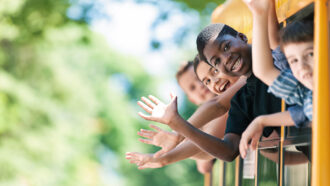 Environment
EnvironmentOlder diesel school buses linked to more student absences
Schools that replaced or upgraded old diesel school buses increased student attendance rates, new research shows.
-
 Psychology
PsychologySupportive spaces help LGBTQ+ youth thrive in school and beyond
Schools are safer and more welcoming when their policies respect and affirm LGBTQ+ students. Clubs can push for changes that boost kids’ mental health.
By Laura Allen -
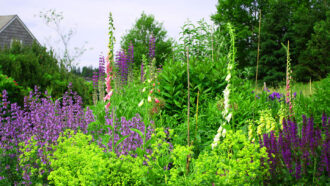 Environment
EnvironmentMaking yards more diverse can reap big environmental benefits
Replacing grass with native plants uses less water and fewer chemicals while providing additional benefits to people and wildlife.
-
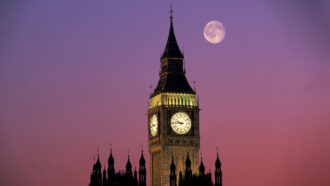 Space
SpaceHere’s why the moon must get its own time zone
But should moon time be like Earth time — or quite different? At issue: The moon’s lesser gravity will make seconds there tick faster than on Earth.
By Tammy Awtry -
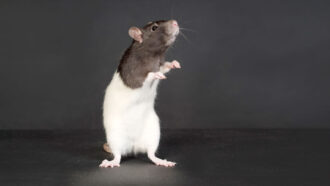 Animals
AnimalsRats can bop their heads to a musical beat
Rats’ rhythmic response to human music doesn’t mean they like to dance. But it may shed light on how brains evolved to perceive rhythm.
-
 Psychology
PsychologyProcrastination may hurt your health — but you can change that
Scientists have linked procrastination to mental and physical health problems. But don’t be too hard on yourself — there are steps you can take.
By Meghan Rosen -
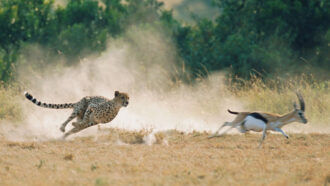 Ecosystems
EcosystemsScientists Say: Food web
All the species in an ecosystem and the feeding relationships between them get summed up with this handy picture.
-
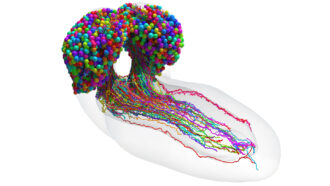 Brain
BrainScientists mapped every nerve cell in this insect brain
Researchers have built a “connectivity map” of all the nerve cells in the larval fruit fly brain and how they link together.
-
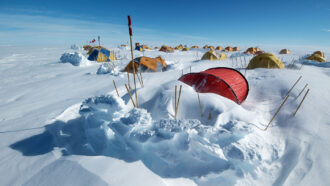 Earth
EarthUnder the ice, a hidden lake hints at its origin — and coming end
Lake Mercer may serve as a model for better understanding the birth and life of Antarctica’s hundreds of subglacial lakes.
By Douglas Fox -
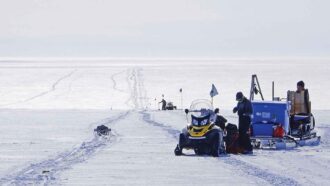 Earth
EarthA natural ‘cathedral’ lurks deep under Antarctic ice
By drilling into this cavern, scientists have opened a window into the mysterious world of hidden lakes, their occupants — and rivers that run uphill.
By Douglas Fox -
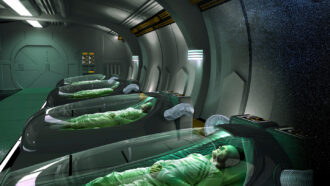 Health & Medicine
Health & MedicineHumans might be able to hibernate during space travel
Scientists are studying how animals hibernate and developing new technologies to help humans sleep through space travel.
-
 Brain
BrainLet’s learn about the science of language
The languages we speak may help shape how we see, smell and hear the world around us.